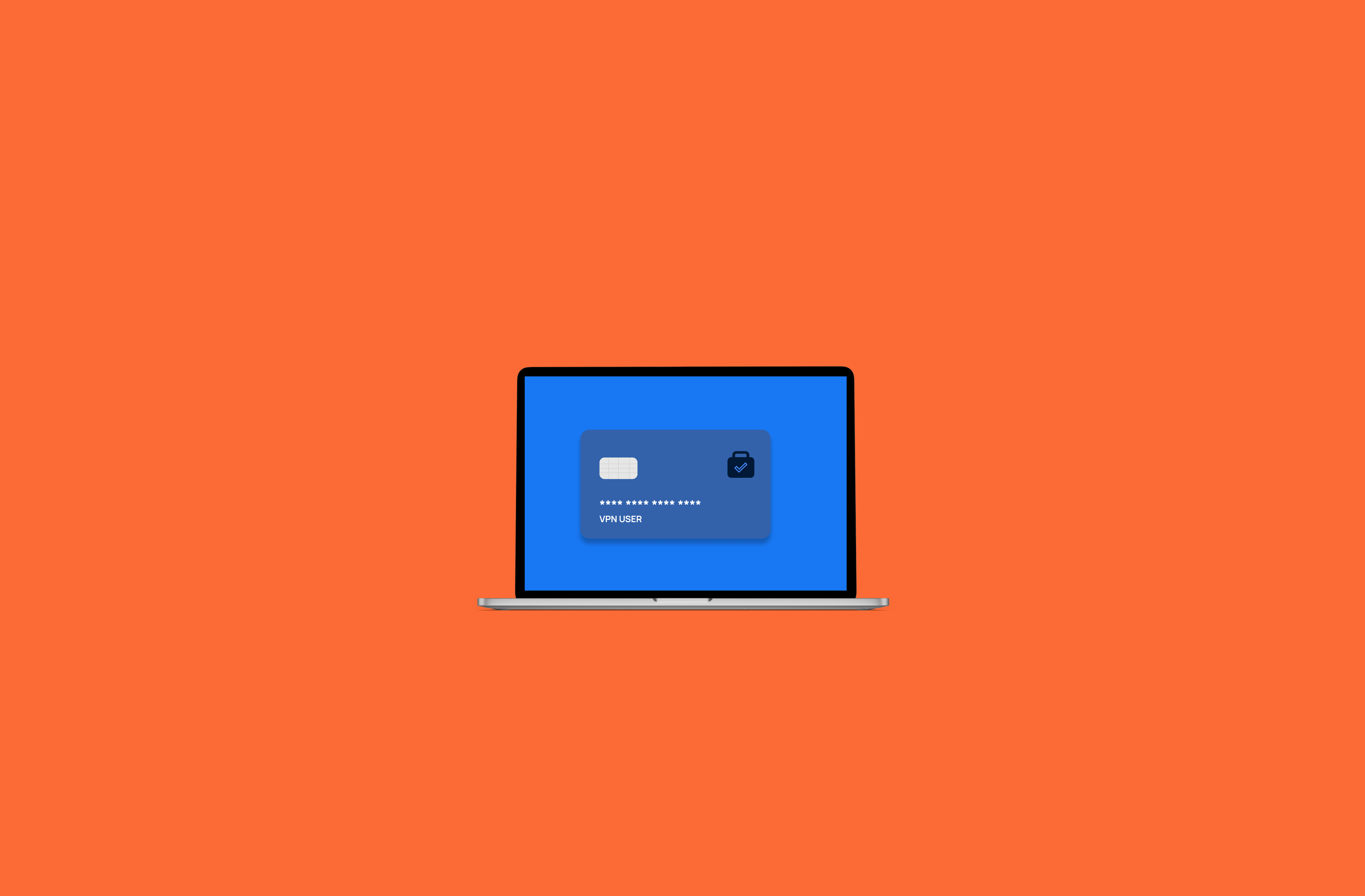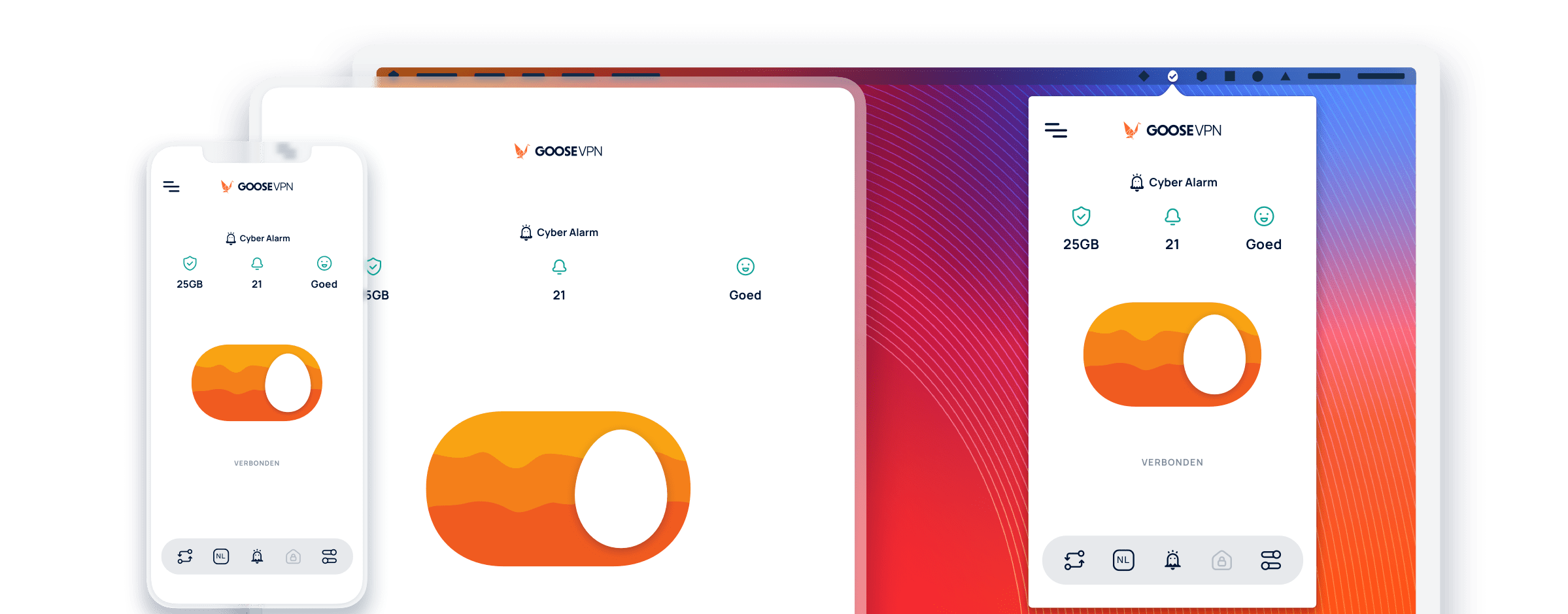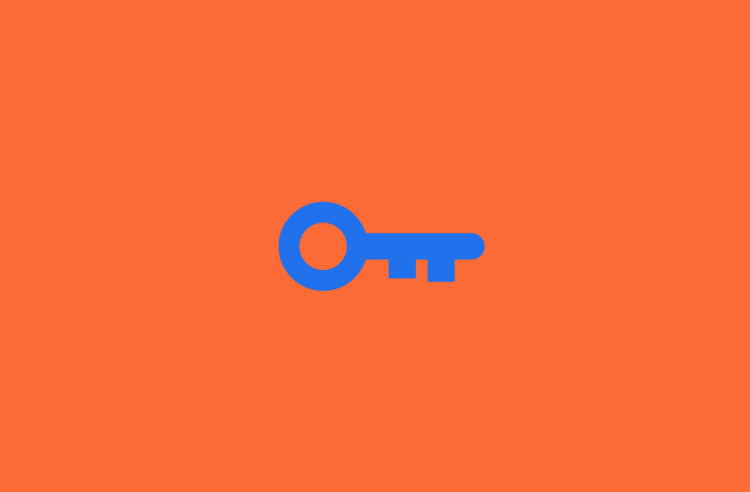
Risks associated with online banking
We can hardly live without it: online banking. Handy that you can transfer an account in a few seconds, quickly check your balance or send a payment request for last night’s dinner. But online banking, on the other hand, also has a downside.
There are several risks associated with online banking that can get you into big trouble. Criminals conjure up all the devious tricks they have in store to infect your device with malware (malicious software), for instance.
By infecting your device with malware, criminals can steal your online banking login details, for example. But criminals can do much more than this. They have a legion of tricks up their sleeves that they use to fool their victims.
None of this is comforting news, but not to worry. In this article, we discuss the risks associated with online banking and how you can protect yourself from them!
What are the risks banned from online banking?
Online banking is not nearly as safe as we all think. Only when you properly realize the risks of online banking can you protect yourself from the danger that lurks. That is why today we will take a closer look at two common risks banned from online banking.
Phishing
By 2021, 68% of Dutch people will have received an e-mail, phone call, or another type of message that was most likely from a criminal. We call this phenomenon phishing. The name phishing gives a small nod to the word fishing because criminals are, as it were, fishing for information.
What is typical about phishing is that the criminals pretend to be someone else. This could be the tax authorities or the bank and even your family members are a potential hiding mask for the criminals.
Take a criminal. The criminal looks at his state of monetary affairs and realizes that some euros need to flow into the bank account quickly. In no time, the criminal has a new victim in mind. The victim promptly receives a message from the bank urging him to change his online login details. For this, the victim must first enter the old login details. This is exactly what the criminal is after!
Phishing comes in all shapes and sizes. Some criminals choose to play it safe with a simple text message while others take up the challenge and make a convincing phone call. Nothing stands in the way of criminals being able to plunder a bank account again. Let’s make sure it’s not yours, though!
Importantly, do not fall for the criminals’ tricks. Whatever happens, never respond directly to messages from the bank. The bank will never ask for important codes over the phone! The bank always communicates sensitive information by letter! Does this happen anyway? Then contact the bank as soon as possible.
Malware
Another of the risks banned from online banners is malware. Criminals use malware to gain undisturbed access to your phone or computer, for example. But why do they do this?
Cybercriminals infect your devices with malware to snoop around on your device. They do this to find out your bank details or even transfer money directly from your device to their bank account.
To infect your device with malware, criminals send messages containing, for example, a link to open or a file to download. When the victim opens the link or downloads the file, the victim’s device is infected with malware. That’s foul play!
Protecting yourself from the risks associated with online banking
Forewarned is forearmed. So you want to protect yourself from the risks associated with online banking. There are several things you can do to make it a lot harder for criminals to steal your money.
1. Beware of prying eyes
Make sure no one can watch you while you are banking online. Do you open your online banking app? Then you want to avoid prying eyes. By simply watching what you do, criminals can find out a lot of information you’d rather keep to yourself.
2. Beware of public WiFi networks
Never connect to a public Wi-Fi network when banking online without extra security. Hackers can easily access your internet traffic, including your banking details, via public WiFi networks. Is it still necessary to connect to a public WiFi network? Then use a VPN connection.
3. Log in via a secure connection
Always log in to your online banking via an HTTPS connection. The link you type into the search bar of your internet browser can start in two ways. Firstly, with HTTPS. This means you are logging in via a secure connection. Secondly, a link may start with HTTP. Beware of this! An HTTP connection is a lot less secure, if at all. Criminals can easily find out their bank details via an HTTP connection.
4. Don’t just leave your details
Do not just enter your details. Do you receive a message from the bank with a friendly but urgent request to leave your bank details? Then do not do it! Before you know it, you will fall into the trap of a phishing link or your device will be infected with malware.
Not only you but also the bank is doing its utmost to protect you as much as possible. Yet criminals are always lurking. An excellent solution to take matters into your own hands is a VPN connection. But how does a VPN connection help you against the risks associated with online banking?
What is a VPN connection?
Those who want secure internet access can use a VPN connection. But what exactly is a VPN connection? That’s what we at GOOSE VPN, fortunately, know all about!
When you use a VPN connection, your internet traffic is sent over a secure connection. A VPN connection encrypts your internet traffic so that outsiders can no longer watch your internet traffic. Perfect for keeping criminals out.
Want to find out more about a VPN connection? Then read our blog article ‘What is a VPN?‘
Protect yourself from the risks associated with online banking with a VPN
We’ve said it before. Want to bank online via a public WiFi network? Then use a VPN connection. Hackers can easily find out your data via a public network. With a VPN connection, you prevent criminals from getting your data via this route.
In addition, it is wise to use a VPN connection when making important transactions, or when viewing sensitive banking data. Better be safe than sorry!
Finally, you can also use a VPN connection when doing online banking on your phone. Even on the phone, GOOSE VPN connections work so you can bank securely at all times! Who doesn’t want that?
Use the VPN connections from GOOSE VPN
Would you like to be better protected from the risks associated with online banking from now on? Then you’ve come to the right place at GOOSE VPN! GOOSE VPN thinks it’s important that everyone can bank online safely! That’s why GOOSE VPN’s VPN connections are not only reliable and easy to use but also affordable! So everyone can do their online banking a lot safer from now on!
The good news doesn’t end there! Besides VPN connections, you can also use GOOSE VPN’s Cyber Alarm at GOOSE VPN. This is an extra feature that monitors your internet traffic 24/7 for cyber attacks, including malware. If a criminal has managed to infect your device with malware to extract your bank details, you will immediately receive a notification. This allows you to combat the malware early and reduces the chance of a criminal making off with your money!
Sign up for GOOSE VPN
You can now sign up for GOOSE VPN with a 30-day money-back guarantee. So you can do your online banking a lot safer from now on! After all, your well-earned money should just stay in your wallet!




















